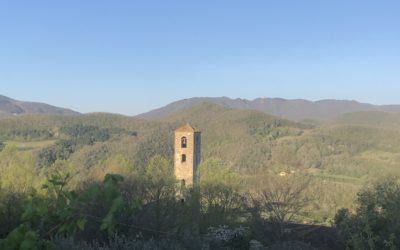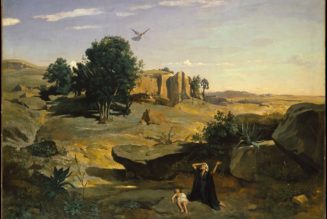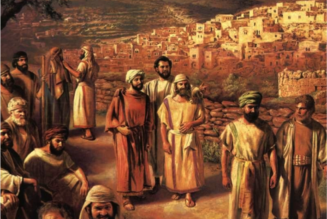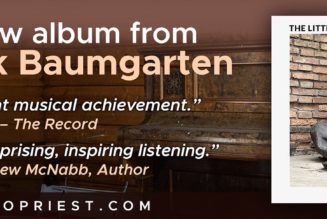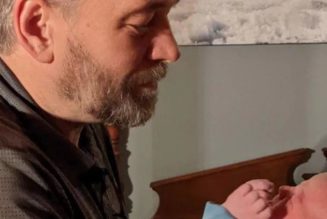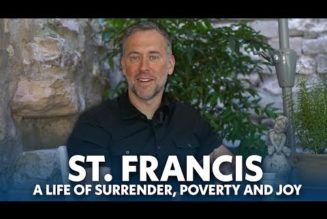“In all manual work we find the primal phenomenon of culture that is human but close to nature.”
“The sphere in which we live is becoming more and more artificial, less and less human,”
Romano Guardini, Letters from Lake Como
We have lost something today, but we can get it back. Our very humanity calls for living and working in our bodies, with natural things, regularly. This means all of us. We have been separated from our own humanity, from our proper homeland, and we are suffering, even if we have never known anything else.
I say we can ‘get it back’—not because we ourselves have necessarily had it before, but because it is our birthright. Our own ancestors had it; we need it; and we can still do it, even if differently, and by fits and starts.
It need not be the work of our profession, or work that makes money. It just needs to be real and regular, preferably in our home.
Each of us can make our daily lives more human by choosing tried and true forms of human work. Certain kinds of work have shown themselves to be rich and reliable as especially human modes of acting.
Here is a short list we might consider:
1. hand-crafting in natural substances: wood, stone, metal or fiber
2. caring for the earth, plants, or animals.
3. preparing and preserving natural foods
4. any aesthetic work with hand tools, such as drawing, painting, carving
5. Miscellaneous such as cutting, splitting, and burning wood for heat
In each of these, using hand tools as opposed to motorized tools is important. It is not that working with motorized tools is ‘inhuman,’ but rather that there is a uniquely human aspect in bodily work that motorized tools eliminate. Of the hand work of a cabinet maker Guardini writes: “[Here] we have culture, a work of mind and spirit, yet still close to nature. In it we are creative and still stand breast to breast with the things and forces of nature.”
Good tools act as an extension of the hand. Rather than separating, they can enhance the hand’s contact with reality. Consider the chisels of the timber-framer and the stone carver, or the knives of the cook and the tree-grafter.
This is in our power, whether it’s making the effort to rediscover an old art such as blacksmithing, stone-laying, or hedge weaving, or just setting aside a little extra time to grow and prepare food more naturally, or to sketch.
This is not about back to the countryside; it’s about back to our bodies, and to a more fully human life, wherever we might live.
Romano Guardini (1885-1968) Italian born but raised in Germany, he became a priest and a highly regarded philosopher and theologian. His Letters from Lake Como (written in 1926!) offer a trenchant and challenging analysis of technology, as he observes the industrialization of Italy.
“Goodbye Aeneas. Cherish our love in the son it gave us.” Virgil, The Aeneid This stunningly powerful goodbye between spouses says so much. A son, it says, was ‘given’ to a couple by the love they bore one another. Love between spouses is already itself a gift. That…
“And yet, to say the truth, reason and love keep little company together nowadays. The more the pity that some honest neighbors will not make them friends.” Shakespeare (Bottom, in A Midsummer Night’s Dream) Lovers can be notoriously irrational. But is true love…
The bells of this campanile (bell tower) heralded Easter joy to a rural mountain community in Tuscany, as they have for hundreds of years. This Easter may we discover a joy that is more than a passing experience; a joy that endures not just as a backdrop but as the…
Husband, father, and professor of Philosophy. LifeCraft springs from one conviction: there is an ancient wisdom about how to live the good life in our homes, with our families; and it is worth our time to hearken to it. Let’s rediscover it together. Learn more.

Join us!
Please enter your email address to receive a Wednesday Quote and Reflection once a week. I would be honored to be partners in mining the wisdom of the ancients.
You have Successfully Subscribed!



